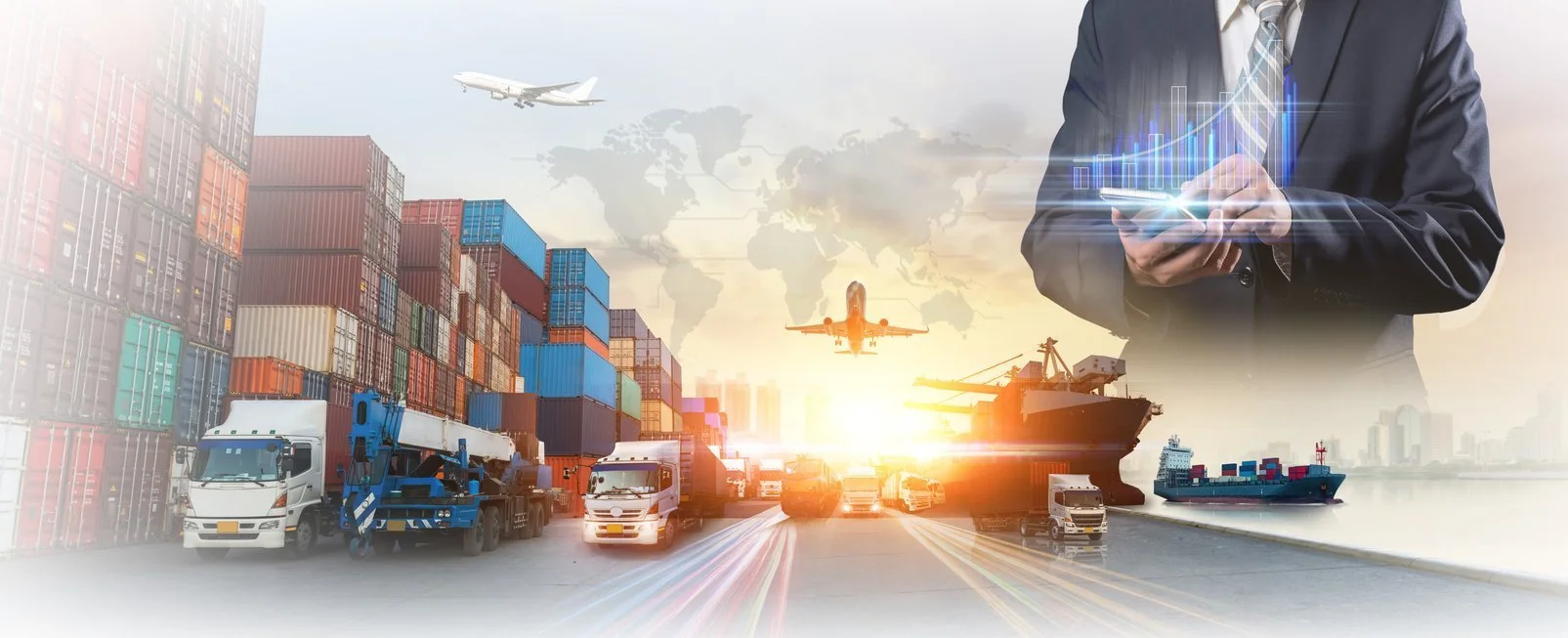Customs Fraud
Learn about the different types of customs fraud.
Table of Contents
Customs fraud violates the False Claims Act, a federal law that holds accountable those who knowingly overcharge or underpay the U.S. government or its agencies. Violators can be sued and held liable for triple the government's damages, plus penalties. Under the False Claims Act’s whistleblower, or qui tam, provisions, individuals and other private parties with evidence of such violations can file lawsuits on behalf of the government and receive 15%-30% of the case proceeds as a reward.
Import duties and tariffs are crucial sources of government revenue, yet fraud by importers is widespread. Combating customs fraud is a top priority for the Justice Department. Because it is impossible for Customs and Border Protection (CBP) to monitor every customs entry for compliance, individuals with evidence of customs fraud are strongly encouraged to become False Claims Act whistleblowers.
Customs fraud whistleblower cases often involve the undervaluation of imported goods, typically through the use of false or fabricated commercial invoices. Whistleblowers also frequently uncover other types of misconduct, such as the intentional use of incorrect harmonized tariff schedule (HTS) classifications, misdeclared countries of origin (COOs), or undisclosed related-party relationships between importers and their foreign sellers.
To avoid detection, importers engaging in customs duty evasion often use undercapitalized shell or front companies instead of conducting transactions in their own names. Their schemes frequently aim to evade antidumping and countervailing duties (AD/CVD) or Section 301 tariffs, which carry the highest duty rates.
Whistleblowers who report customs fraud may be eligible to receive a share of the government’s recovery as a financial reward.
Here are some of the most common types of customs fraud:
Transshipment Fraud
Transshipment fraud occurs when goods are falsely labeled or routed through a third country to avoid tariffs, duties, or import restrictions. Companies engaging in this practice misrepresent the true country of origin for the goods they import. By routing products through intermediary countries, they deceive customs officials and evade higher tariffs that would apply if the goods were imported directly from the originating country. Transshipment fraud not only violates trade laws but also undermines fair competition. Whistleblowers who expose these practices can help the government recover lost revenue through actions brought under the False Claims Act (FCA).
Evasion of Section 301 Tariffs
Section 301 tariffs are imposed on goods imported from countries that engage in unfair trade practices, such as intellectual property theft or market access restrictions. Some importers try to evade these tariffs by misclassifying goods, undervaluing shipments, or engaging in transshipment schemes. Such evasion leads to significant financial losses for the government and unfair advantages for non-compliant importers. Whistleblowers can report this type of customs fraud, and under the FCA, the government can pursue legal action to recover the duties that were unlawfully avoided.
Misclassification of Goods
Another common form of customs fraud involves the misclassification of goods to reduce the amount of duties owed. Companies may intentionally classify their products under tariff codes that carry lower duties or are exempt from tariffs altogether. This misrepresentation can result in millions of dollars in unpaid customs duties. Whistleblowers can reveal these fraudulent practices, allowing the government to recover losses through FCA claims, as the underpayment of duties constitutes a violation of U.S. customs laws.
Undervaluation of Goods
In cases of undervaluation fraud, importers intentionally declare a lower value for goods than their actual market price to pay less in customs duties. This type of fraud can be especially prevalent in industries where goods fluctuate in price or where goods are purchased in bulk. By manipulating the declared value of imports, companies can save significant amounts in duties while violating U.S. customs regulations. Whistleblowers who expose undervaluation schemes play a crucial role in enabling the government to recover these lost revenues under the FCA.
False Country of Origin Declarations
False country of origin declarations occur when importers misrepresent the origin of goods to avoid tariffs or to comply with trade agreements that provide preferential treatment to certain countries. For example, importers may falsely claim that goods originated from a country with favorable trade terms, when in fact they were produced elsewhere. This practice deceives customs authorities and breaches trade agreements, leading to financial losses for the government. Whistleblowers can help expose these fraudulent declarations, triggering FCA actions to recover unpaid tariffs and penalties.
Undeclared or Hidden Imports
Customs fraud can also involve the deliberate underreporting or complete omission of certain imported goods from customs documentation. Importers might attempt to smuggle goods into the country without declaring them to evade duties and other import restrictions. This practice is highly illegal and can result in severe penalties for those involved. Whistleblowers can report undeclared or hidden imports, enabling the government to take legal action under the FCA to recover lost customs revenues and impose penalties on the violators.
Duty Drawback Fraud
Duty drawback fraud occurs when importers or exporters claim refunds or rebates on duties paid for goods that were later exported or used in specific ways, but they either misrepresent the circumstances or fabricate claims to receive undeserved refunds. This type of fraud exploits the duty drawback system, which is designed to encourage international trade. When companies falsely claim refunds on duties they didn’t actually pay, it results in significant financial harm to the government. Whistleblowers who report duty drawback fraud help recover these funds under the FCA.




